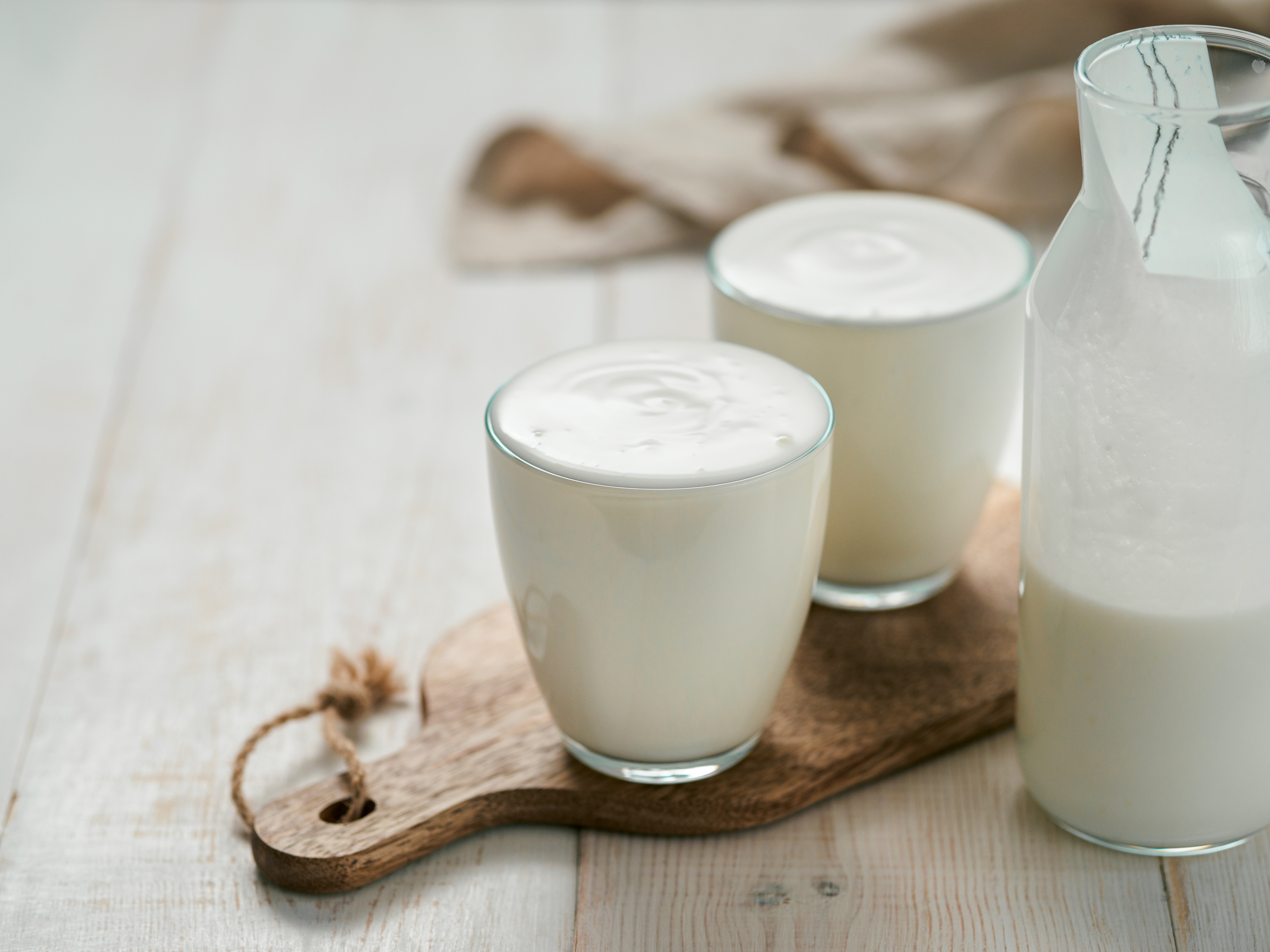24 Heroes and Villains That Shape Your Gut Microbiome
Struggling with digestive issues, low energy, or persistent brain fog? The answer might lie within your gut. This intricate ecosystem, teeming with bacteria and other microorganisms, plays a starring role in your overall well-being. When your gut microbiome is balanced, you'll experience smoother digestion, a stronger immune system, and a brighter mood. But an imbalanced gut can wreak havoc on your health. To help you navigate this complex landscape, we've expanded our guide to reveal 24 key players in gut health – the foods, habits, and other factors that can either heal or harm your gut, offering practical steps to find relief and restore balance.
1. Probiotics – The Beneficial Bacteria

Probiotics are live microorganisms that offer numerous health benefits when consumed in adequate amounts. These beneficial bacteria are naturally found in fermented foods like yogurt, kefir, sauerkraut, and kimchi. Probiotics help maintain a healthy balance of gut bacteria by competing with harmful bacteria for resources and space. They play a critical role in digestion, breaking down food substances that the human body cannot digest on its own. Moreover, probiotics have been shown to boost the immune system, reduce inflammation, and even improve mental health by influencing the gut-brain axis. Regular consumption of probiotic-rich foods or supplements can significantly enhance gut health.
